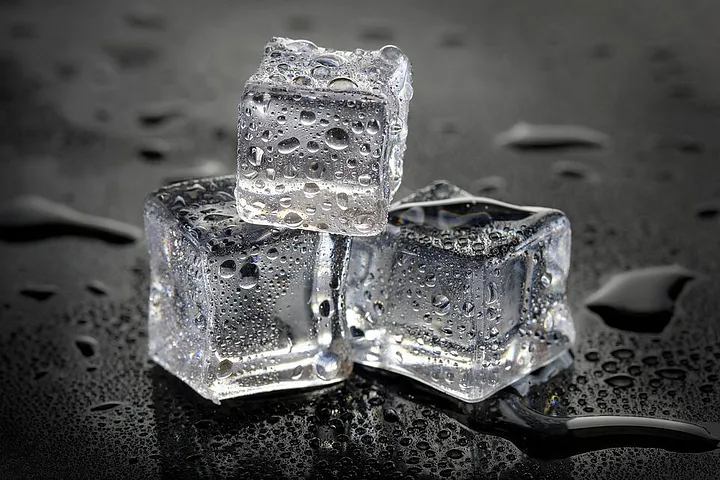Cold Storage Insulation Solutions for Efficient Temperature Control in Warehouses and Factories
The Importance of Cold Room Insulation Factories
In today’s global economy, efficient temperature-controlled environments are paramount for a variety of industries, particularly in food storage, pharmaceuticals, and biotechnology. Cold room insulation factories play a crucial role in maintaining these temperature-controlled spaces through advanced insulation technology. This article explores the significance of these factories, the technology they employ, and their impact on various industries.
Understanding Cold Room Insulation
Cold rooms, or refrigerated spaces, are designed to maintain specific low temperatures to preserve sensitive products. The efficiency of these rooms heavily relies on insulation, which minimizes heat transfer between the interior and exterior environments. Effective insulation not only ensures that perishables such as fruits, vegetables, meat, and dairy products remain fresh, but also aids in energy conservation, reducing the operational costs associated with maintaining these temperature-controlled spaces.
The Role of Cold Room Insulation Factories
Cold room insulation factories specialize in producing insulation materials that meet rigorous industry standards. These factories are equipped with advanced technology and automated manufacturing processes to produce high-quality insulation products. Common materials used in cold room insulation include polyurethane foam, polystyrene, and fiberglass. Each of these materials possesses unique properties that cater to specific temperature requirements and installation methods.
1. Polyurethane Foam Known for its superior insulating properties, polyurethane foam boasts a high R-value, indicating its effectiveness at reducing heat transfer. This type of insulation minimizes the need for excessive cooling, which directly translates to energy savings for businesses.
2. Polystyrene Available in both expanded and extruded forms, polystyrene offers a robust insulation option. It is lightweight, moisture-resistant, and provides excellent thermal performance, making it a popular choice for cold storage applications.
3. Fiberglass While not as effective as polyurethane, fiberglass remains a cost-efficient insulation solution. It is non-combustible and resistant to moisture, providing a decent level of insulation for less extreme cold storage needs.
Manufacturing Processes and Sustainability
cold room insulation factories

The manufacturing processes within cold room insulation factories are increasingly focused on sustainability. Many factories are adopting eco-friendly materials and production methods to reduce their environmental impact. For instance, some manufacturers are using water-based blowing agents for foam insulation production instead of harmful chemical solvents, significantly lowering emissions.
Moreover, factories are also emphasizing recycling initiatives. By reusing scrap materials and optimizing production techniques, these factories minimize waste and energy consumption, contributing to a more sustainable industry standard.
Impact on Various Industries
The importance of cold room insulation cannot be overstated across several sectors
- Food Industry Cold storage is critical for maintaining the quality and safety of food products. Insulation factories enable the food industry to adhere to health regulations and minimize spoilage, thus ensuring a steady supply of fresh produce to consumers.
- Pharmaceuticals Many pharmaceutical products require strict temperature controls to maintain efficacy. Insulation factories facilitate the production of cold rooms that meet these stringent guidelines, ensuring the safe storage of vaccines and other temperature-sensitive medications.
- Biotechnology Research and development in biotechnology often involve sensitive biological materials that must be kept at specific temperatures. Proper insulation in lab environments is vital for the integrity of experiments and research findings.
Conclusion
In conclusion, cold room insulation factories are essential players in the modern economy, underpinning the successful operation of many sectors. Their innovative insulation solutions not only protect perishable goods but also play a significant role in promoting energy efficiency and sustainability. As industries continue to evolve and demand for temperature-controlled environments increases, the role of cold room insulation factories will only grow in prominence, ensuring that products remain safe and fresh while minimizing the environmental impact.
















































































































